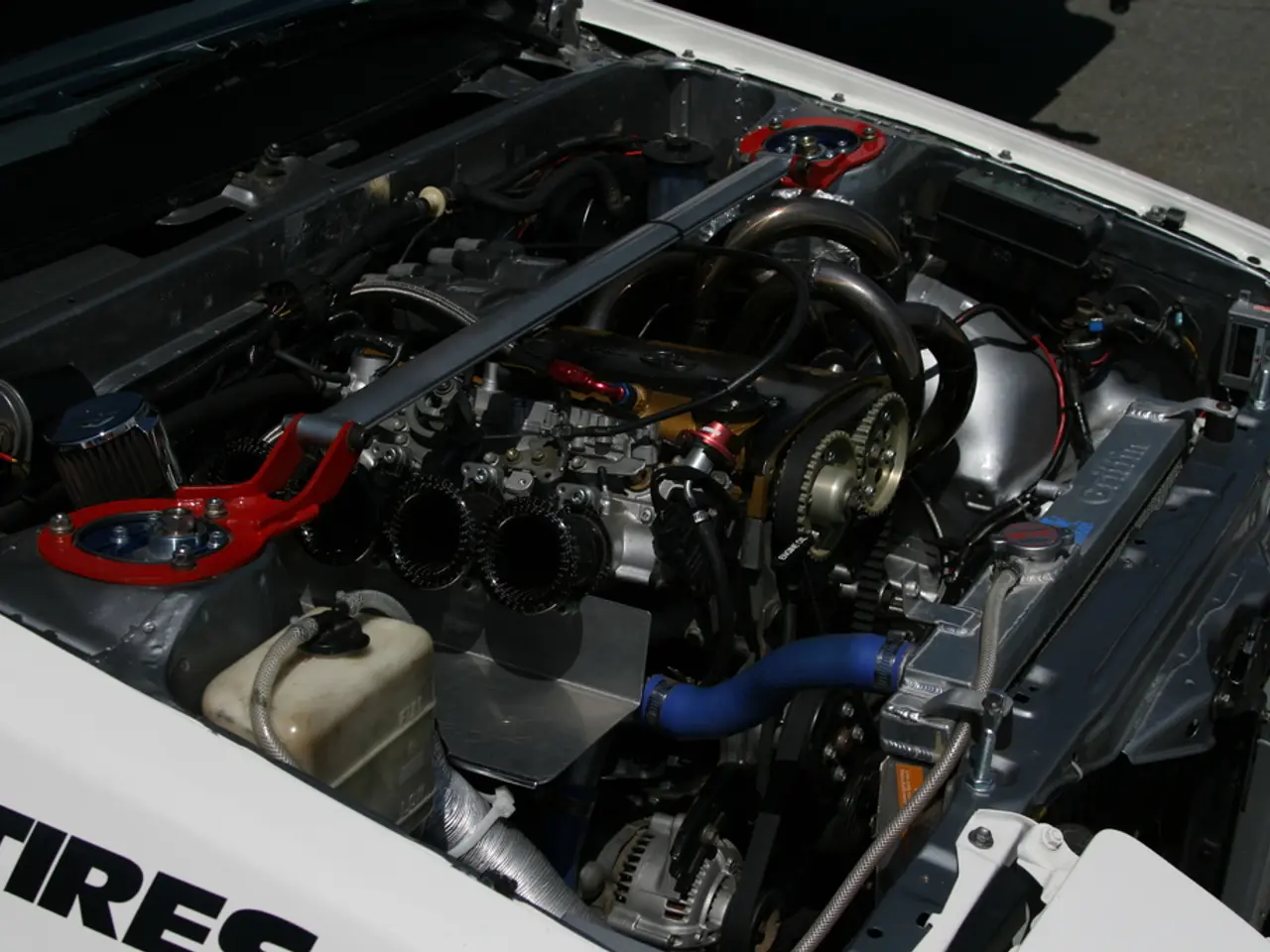Bosch's blueprint for battery production set to generate millions in revenue
Bosch, the German engineering and technology powerhouse, has announced its entry into the battery production market, aiming to capitalise on the growing demand for electric vehicles and alternative energy sources.
In an interview, Rolf Najork, Bosch's CEO, expressed confidence in the company's ability to manufacture batteries, stating, "We understand the 'product battery' and know how it should be manufactured."
Bosch's foray into battery production is not without precedent. Since 2015, the company has been producing powerful e-bike batteries in Miskolc, Hungary, renowned for their high range and long lifespan. The company plans to pass on its expertise in e-bike battery production to its new ventures.
Initially hesitant to enter battery cell production a few years ago, Bosch has now changed its mind and is supplying manufacturing technology to others. The company's pilot customer for battery factory equipment is Webasto, a German automotive supplier that equips battery factories with Bosch technology. Webasto itself is Bosch's pilot customer for battery production, having started pilot production in Schierling using Bosch's technology.
Bosch's batteries are designed to help reduce emissions, lower fuel consumption, and CO2 emissions by up to 15 percent in vehicles with internal combustion engines. This makes them a valuable addition to the quest for a more sustainable future.
As the global battery market is projected to grow by up to 25 percent annually, Bosch aims to generate approximately 250 million euros in annual revenue by 2025 from this new business field. The company expects the new business to generate a three-digit million euro turnover.
To cater to this growing market, Bosch will deliver industrial technology for battery production from one source, including individual components, software solutions, and complete production facilities. The factory equipment for battery production will include automated assembly lines for welding and gluing battery cells, cell cleaning, incoming inspection, the stacking process, a special laser welding process, and end-of-line testing for quality assurance.
Bosch will present its solutions for electromobility at the IAA Mobility in Munich from September 7 to 12. The company's expansion in battery production includes a focus on 48-volt batteries for the hybridization of passenger cars. The second generation of 48-volt batteries produced in Bosch's own plant in Eisenach is now going into series production. Bosch is investing 70 million euros in the series production of 48-volt batteries at its Eisenach plant.
The rise in investments by automotive giants like Volkswagen and Daimler in their own battery factories to reduce dependence on Asia could be a factor in Bosch's decision to serve gaps and be involved in the expansion. However, the article does not mention any new facts about Daimler's search for locations for new Giga-Factorys.
As the energy transition and alternative energy sources continue to gain momentum, Bosch's entry into battery production marks a significant step towards a more sustainable future.
Read also:
- Peptide YY (PYY): Exploring its Role in Appetite Suppression, Intestinal Health, and Cognitive Links
- Toddler Health: Rotavirus Signs, Origins, and Potential Complications
- Digestive issues and heart discomfort: Root causes and associated health conditions
- House Infernos: Deadly Hazards Surpassing the Flames








